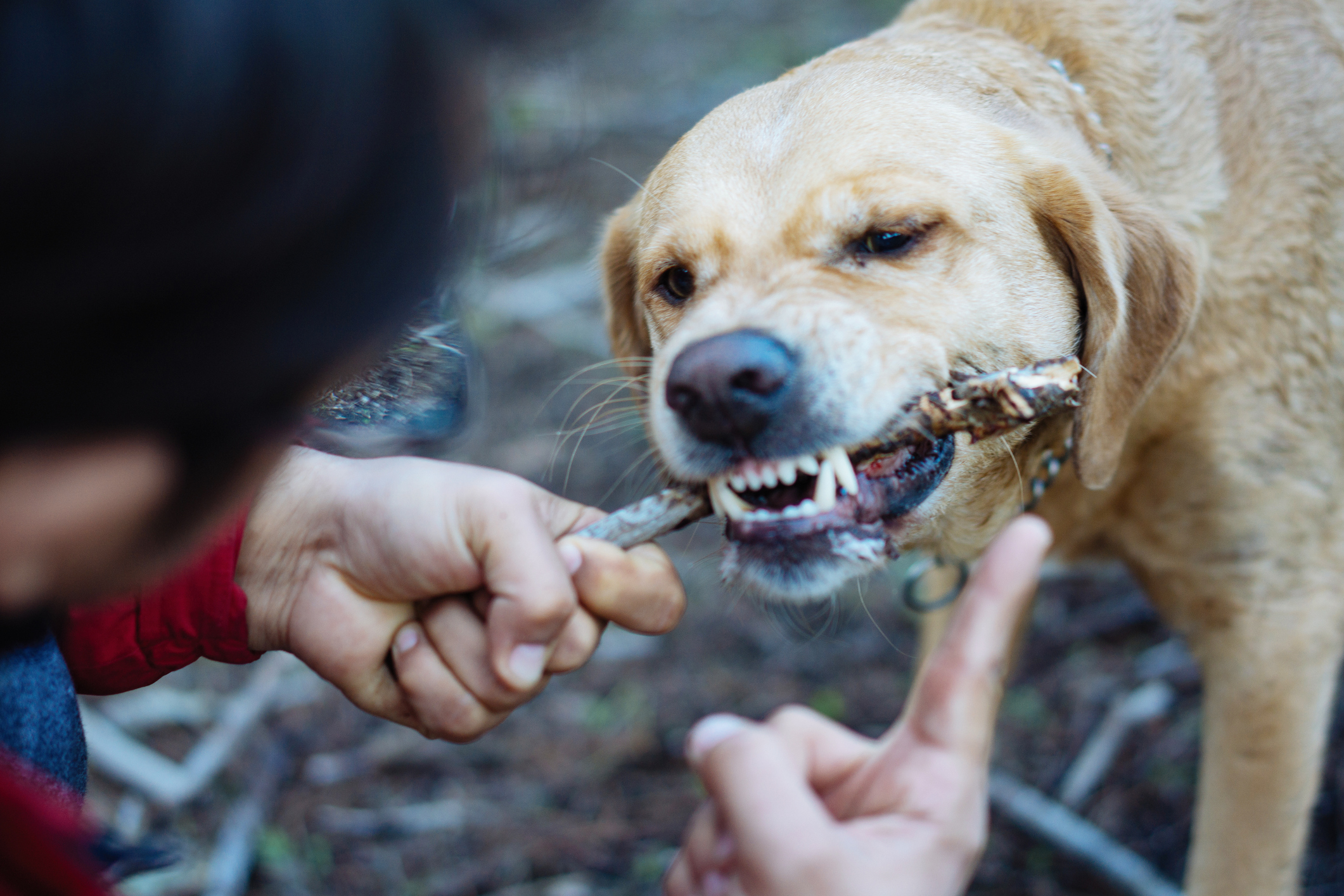Dog attacks can be traumatic, leaving victims with physical injuries, emotional distress, and unexpected medical bills. If you were bitten or injured by an aggressive dog in North Carolina, you might wonder if you can sue, especially if the owner refuses to take responsibility. The short answer is yes, you may have a case, but proving liability depends on several important legal factors.
Understanding North Carolina’s Dog Bite Laws
North Carolina follows a combination of strict liability and negligence rules when it comes to dog attacks.
Strict Liability for Dangerous Dogs
If a dog is legally classified as “dangerous” or has previously attacked a person or another animal, the owner can be held strictly liable for any future injuries. Strict liability means that even if the owner denies fault, they are automatically responsible for damages caused by their dog.
In cases of first bites or dogs that have not been labeled as “dangerous” previously, contributory negligence laws may be applied, meaning that the victim of the bite could be held partially responsible, and compensation would be denied. Situations in which the victim might be held partially liable include actions such as approaching a dog without permission, having their own dog off-leash around the offending dog, or other actions that could be seen as negligent on the part of the victim. North Carolina bars all compensation if the victim is deemed to bear any responsibility at all, so hiring an attorney is vital.
What Classifies A Dog As Dangerous?
Under North Carolina law, a dog may be classified as dangerous if it has previously bitten or seriously injured someone, if it has been trained for dog fighting, or if it’s demonstrated aggressive behavior that led authorities to declare it dangerous. If the dog that injured you falls into one of these categories, the owner may have little legal ground to deny responsibility.
Proving Negligence in Other Cases
Even if the dog isn’t classified as dangerous, you may still be able to sue by proving that the owner was negligent. Negligence means the owner failed to take reasonable steps to prevent the attack, and if you can show that the owner acted carelessly or violated local pet laws, like leash laws, you may have a strong case.
Common examples of owner negligence are allowing a dog to roam off-leash in an area where leashes are required, failing to secure their dog in a fenced yard or enclosure properly, and ignoring previous complaints about a dog’s aggressive behavior.
These cases can be difficult to pursue.
Common Defenses Dog Owners Use
If the dog’s owner is refusing to take responsibility, they might try using legal defenses to avoid liability. Understanding these arguments can help you and your lawyer prepare for your case.
Claiming Trespassing
North Carolina law provides certain protections to dog owners if the injured person was trespassing at the time of the attack. If you were unlawfully on private property, the owner might argue that you were not entitled to legal protection. However, this defense does not apply if the attack happened in a public place or if you were lawfully visiting the property, such as being invited by the owner.
Arguing Provocation
Another common defense is that the victim provoked the dog. If the owner can prove that you taunted, threatened, or physically harmed the dog before the attack, they may not be held liable. However, simply approaching or petting a dog does not count as provocation under the law.
Denial of Prior Knowledge
Some dog owners argue that they had no prior knowledge that their dog was aggressive. While this can be a valid defense under certain circumstances, it doesn’t necessarily absolve them of liability. If they failed to follow leash laws or ignored warning signs from their pet when your injury occurred, the owner may still be found negligent.
What to Do After a Dog Attack in North Carolina
If you’ve been injured by a dog, taking the right steps can significantly impact your ability to file a successful lawsuit.
Seek Medical Attention
Dog bites can lead to infections, nerve damage, and even rabies exposure. Always seek medical treatment immediately after an attack. Your medical records will also serve as important evidence if you decide to file a claim.
Report the Incident
Contact local animal control or law enforcement to report the attack. They can investigate whether the dog has a history of aggression and determine if the owner violated any laws.
Gather Evidence
If possible, collect evidence at the scene, including photos of your injuries and the location of the attack, witness statements from anyone who saw what happened, and any information about the dog, such as previous complaints or aggressive behavior.
Consult a Personal Injury Lawyer
Dog bite cases can be complicated, especially if the owner denies responsibility. An experienced personal injury attorney can help you navigate North Carolina’s legal system and fight for the compensation you deserve.
Compensation You Can Recover
If you successfully sue for a dog-related injury, you may be entitled to compensation for medical bills and lost wages if your injuries prevent you from working. You may also receive compensation for your long-term pain and suffering, like emotional distress, trauma, permanent scarring, or disability that the attack could have caused.
Seek Legal Support After Your Injuries
Even if the owner denies liability, don’t let that discourage you from suing for injuries caused by an aggressive dog. Understanding relevant North Carolina laws, gathering evidence, and seeking legal help can make a significant difference in the outcome of your claim.
If you or a loved one has been injured by a dog, taking the right steps now can help you obtain the compensation needed to recover financially. To request a consultation with our team, call Rowland & Yauger Attorneys & Counselors at Law at our Asheboro location at 336-537-5547 or call our Carthage location at 910-621-2991 today.

 Call Us Now
Call Us Now


